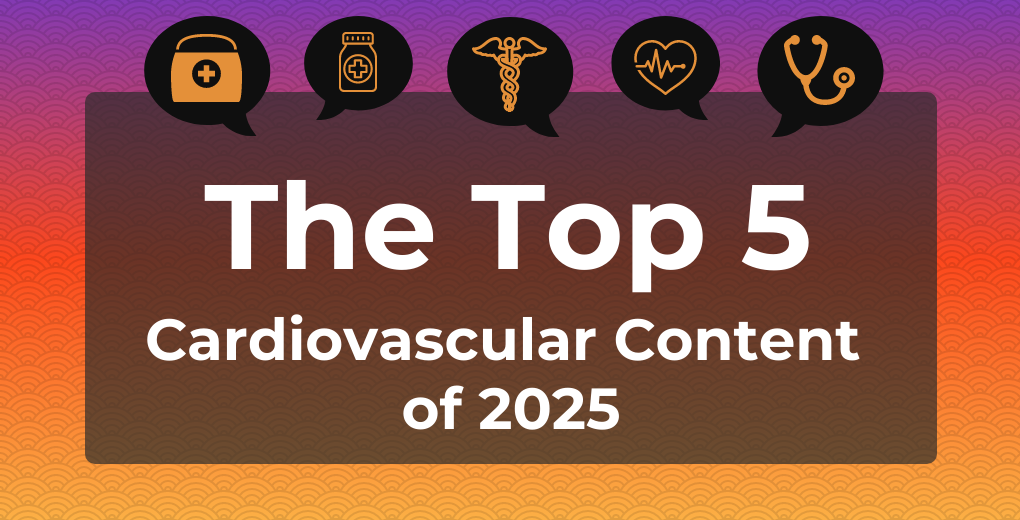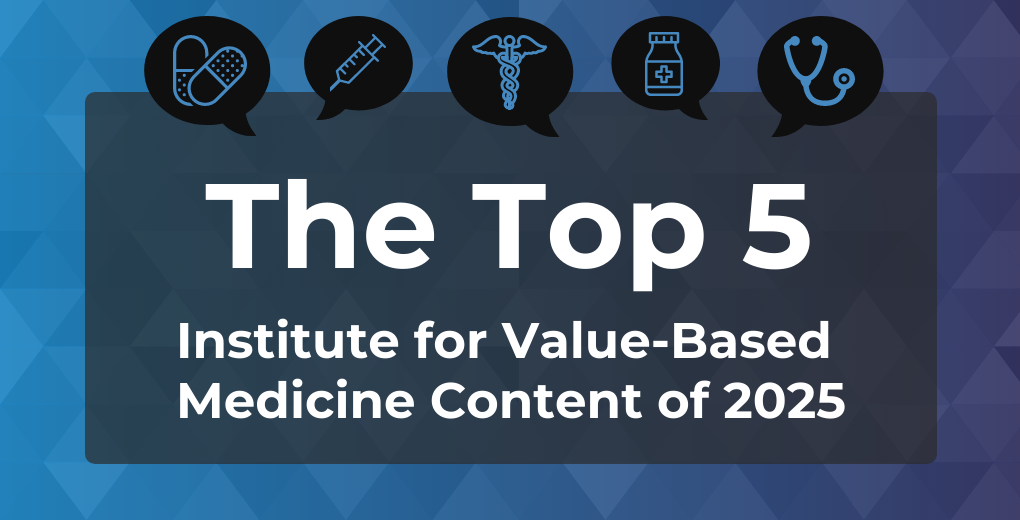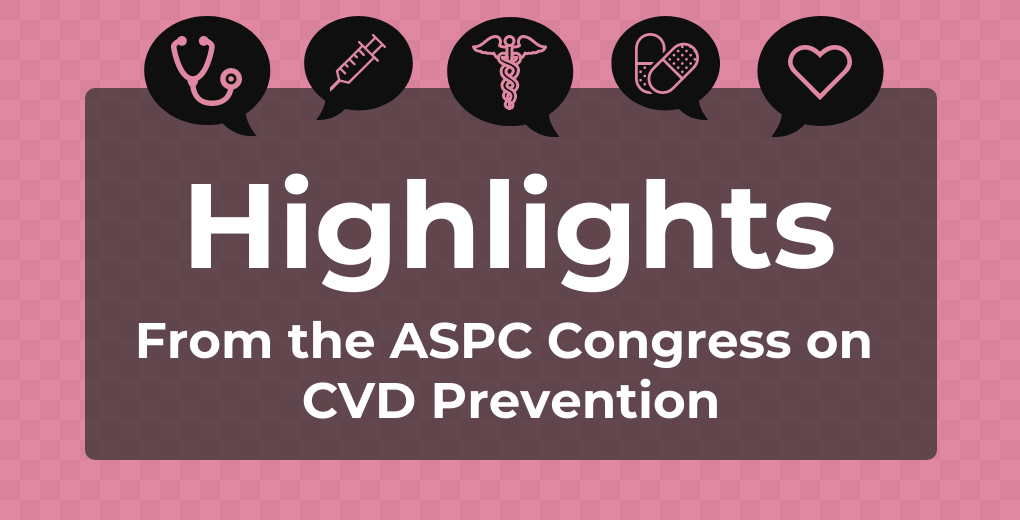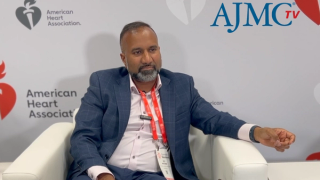
Cardiovascular
Latest News
Latest Videos
Shorts


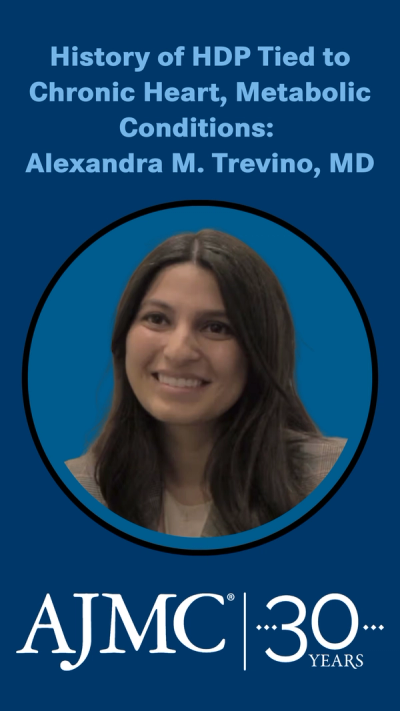
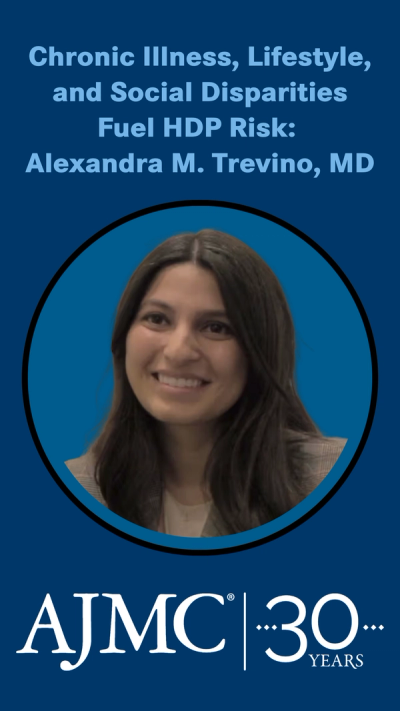

Podcasts
More News

Semaglutide, sotatercept, and bentracimab trials were attendees’ main focus at the American College of Cardiology 2025 Annual Scientific Session.

Patients aged 30 to 40 years with type 1 diabetes had the highest risk of sudden cardiac death, according to 2010 data from Denmark.

Phase 3 OCEANIC-STROKE data show how asundexian offers a potential new secondary stroke prevention option.

Svetlana Barbarash, MD, outlines the lack of cardiologists and transplant services in Las Vegas and the policy changes needed to close gender gaps in care.

Svetlana Barbarash, MD, explains how better education, digital monitoring tools, and coordinated care can improve arrhythmia detection and outcomes.

Researchers urged caution in interpreting DECAF Trial results that suggest daily coffee intake is linked to a lower risk of atrial fibrillation recurrence.

Lindsey Valenzuela, PharmD, explains how value-based models empower a single pharmacist to manage multiple layers of these disease states.

Lindsey Valenzuela, PharmD, explains how pharmacists can prevent drug interactions and improve coordination for women with arrhythmia and chronic disease.

New findings reveal sotatercept's significant benefits for right ventricular function and tricuspid regurgitation in pulmonary arterial hypertension.

From 2017 to 2023, women were especially underrepresented in trials in arrhythmia, coronary heart disease, acute coronary syndrome, and heart failure.

The drug lowered inflammation, oxidative stress, and endothelial injury markers in women with INOCA and coronary microvascular dysfunction.
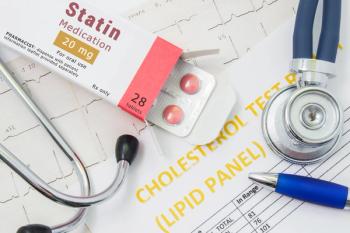
Patients’ misperceptions of statins and physicians’ limited knowledge of a hypercholesterolemia safety-net program warrant additional interventions to reduce barriers and improve care.

Evolocumab is now indicated for adults who don’t have a prior cardiovascular disease diagnosis.

Women who experienced stalking or intimate partner violence were 40% more likely to self-diagnose an adverse cardiovascular event compared with women who did not.

Ambulatory cardiac monitors’ clinical and economic outcomes vary; one long-term continuous monitor brand showed greater arrhythmia diagnosis, fewer retests and cardiovascular events, and lower health care resource use and costs.
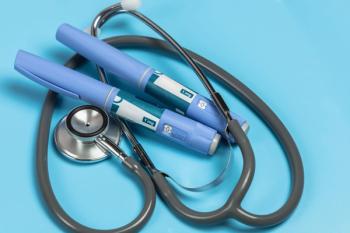
A real-world study found that semaglutide prescriptions were associated with improvements in weight, blood pressure, and cholesterol, but also a $80 monthly rise in health care spending outside of drug costs.
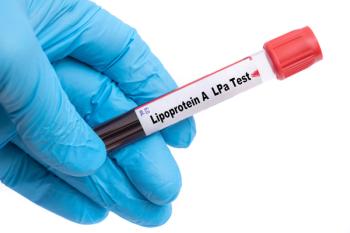
A new American Heart Association initiative is working to increase screening for lipoprotein(a) (Lp[a]) at community health centers nationwide to help address undetected cardiovascular risk.

Varsha Tanguturi, MD, cardiologist and DETECT AS investigator, presented new data on how the findings she and her colleagues saw indicate almost universal increases in rates of aortic valve replacement in patients with severe aortic stenosis (AS), across both provider and patient groups.

Khush Kharidia, MD, a third-year internal medicine resident at UT Southwestern, presented the oral abstract, “Evaluating the Quality, Accuracy and Health Impact of Cholesterol-Related Content on TikTok: A Social Media Analysis,” at ASPC 2025 Congress on CVD Prevention.

Alexandra M. Trevino, MD, of Northwestern Medicine presented the oral abstract, "Trends in New-Onset Hypertensive Disorders of Pregnancy Among US Adults by Place of Birth and Hispanic Ethnic Origin Group," on day 1 of the ASPC Congress on CVD Prevention.

This global study found rising rates of pediatric hypertension, highlighting obesity's impact and the need for improved monitoring and prevention strategies.
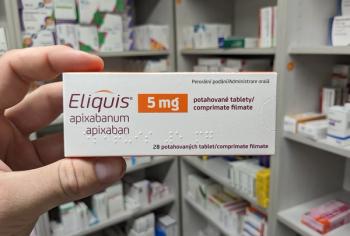
Apixaban would still cost patients 9 times more through the Eliquis 360 Support program than with commercial insurance.
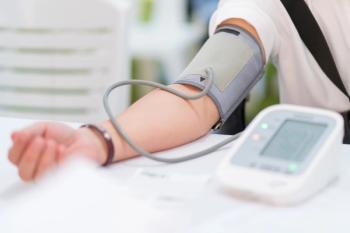
Researchers found a 30% increased risk of cardiovascular events in patients whose diagnosis was delayed by more than a year after an elevated blood pressure reading.

Avoiding downstream testing ultimately makes it cheaper for whoever is footing the bill, says Merrill H. Stewart, MD, Ochsner Health.

Merrill Stewart, MD, Ochsner Health, says insufficient funding from CMS for graduate medical education (GME) limits the ability to expand cardiology fellowships and contributes to the nationwide physician shortage.

